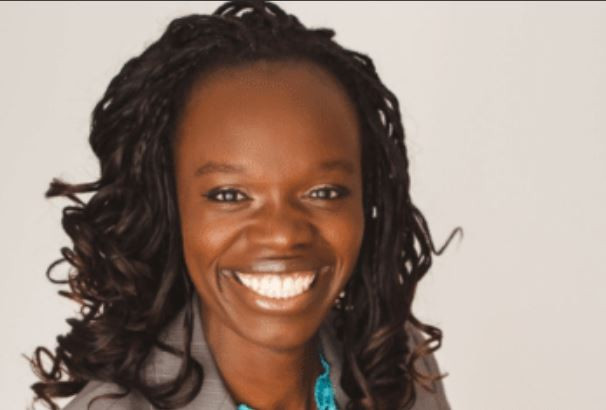×
The Standard e-Paper
Fearless, Trusted News

Kenyan-American Huldah Momanyi Hiltsley made history as the first Kenyan-born politician to secure a seat in the Minnesota House of Representatives.
She won with 64.78% of the vote, representing District 38A, which includes parts of Brooklyn Park and Osseo. Hiltsley ran under the Democratic-Farmer-Labor (DFL) Party.